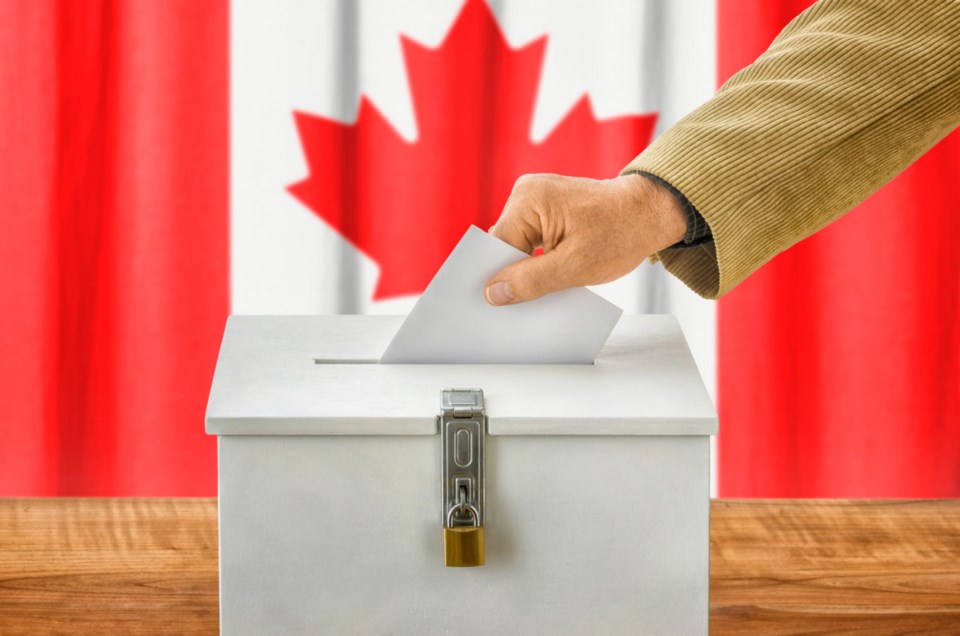The September federal election will be an “interesting” one for a number of reasons, both in Simcoe North and across the country.
That’s Michael Johns’s expectation as Canadians prepare to head to the polls during a pandemic and after a campaign of only 36 days.
The visiting professor with York University’s department of politics noted it is the briefest campaign allowed, and he believes the reason for its length is because of both politics and public health.
Polling prior to the election call showed the Liberals’ popularity increasing, with the party hoping to secure a majority. If that’s the case, there’s no time to waste.
“The longer an election campaign goes, all it can do is hurt you. When you’re in the lead, you want the election to be over as soon as possible,” Johns said.
Also, because of the COVID-19 pandemic, campaigning won’t happen the way it traditionally has. Many candidates will be knocking on fewer doors, for instance, and instead relying more heavily on social media as a means to spread their messages.
Also making the campaign interesting in Simcoe North is the fact no incumbents are running, meaning name recognition won’t be as much of a factor.
“When you don’t have an incumbent, the natural demographics of the area and the public’s view of the party take precedent,” Johns said. “There might be some who will look at the different candidates. They may get the literature and think, ‘That person seems very competent.’”
The pandemic and the length of the campaign will make it difficult for the candidates to effectively reach voters, especially in a riding as large as Simcoe North.
“They’re not going to be unimportant,” Johns said of the candidates, “but I think they’ll be seen as less important (than the party leaders).”
His advice to the MP hopefuls: “Use your resources to, first and foremost, find your voters — the ones that are in the bag — and then try and get as many others as you can.”
It will be important for candidates to urge their supporters to reach out to others and encourage them to vote, he added.
Simcoe North is considered by many to be a safe Conservative riding, but candidates should not approach this election with that mindset, Johns said.
“Historically, Conservative candidates have a demographic advantage. However, in a pandemic election, it’s smart not to count your chickens before they hatch. This is something Nova Scotia learned,” he said, referring to the recent upset in that province, where the Progressive Conservatives defeated the governing Liberals to gain a majority.
That result surprised many, particularly because of the province’s handling of the pandemic.
“The Nova Scotia government did an incredible job during the pandemic. All the East Coast governments did,” Johns said. “The government ran on pandemic competency and they lost.”
It should be sobering for the federal Liberals, showing the pandemic isn’t the only topic on voters’ minds, he said.
Among those topics are issues relating to Indigenous peoples. Those conversations are happening at a federal level, but they’re also important in a riding like Simcoe North, which includes two First Nations and a sizeable Métis population.
“I would hope that truth and reconciliation would be one of the main issues in this campaign,” Johns said.
That, as well as residential schools and the need for clean water and suitable housing, should be discussed by candidates, he said.
They likely will be in Simcoe North, with Liberal candidate Cynthia Wesley-Esquimaux and Green candidate Krystal Brooks being Indigenous. Also, Conservative candidate Adam Chambers is Métis.
“An election is an opportunity for the country to think about what matters and how they want to see the country progress,” Johns said, adding Indigenous issues should be as prominent in the campaign as climate change and economic recovery.



